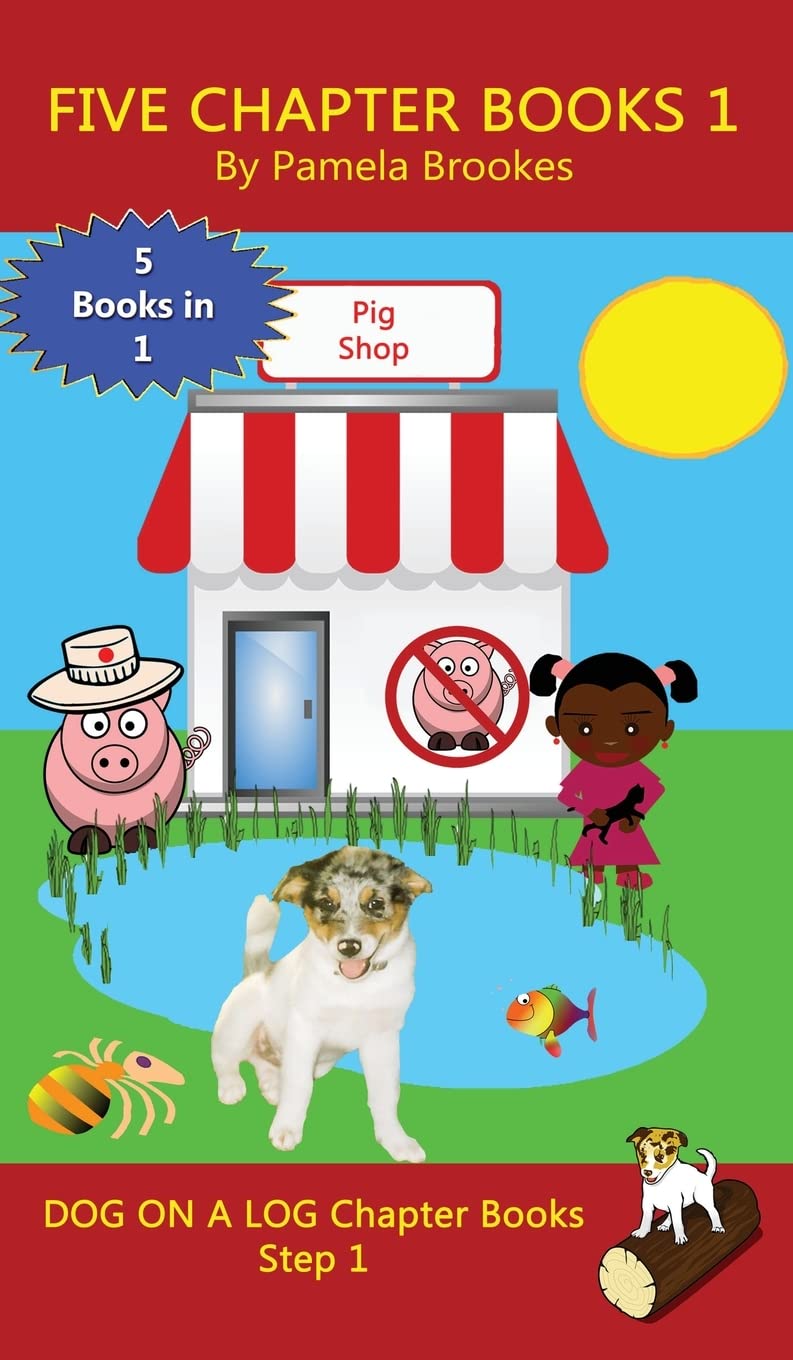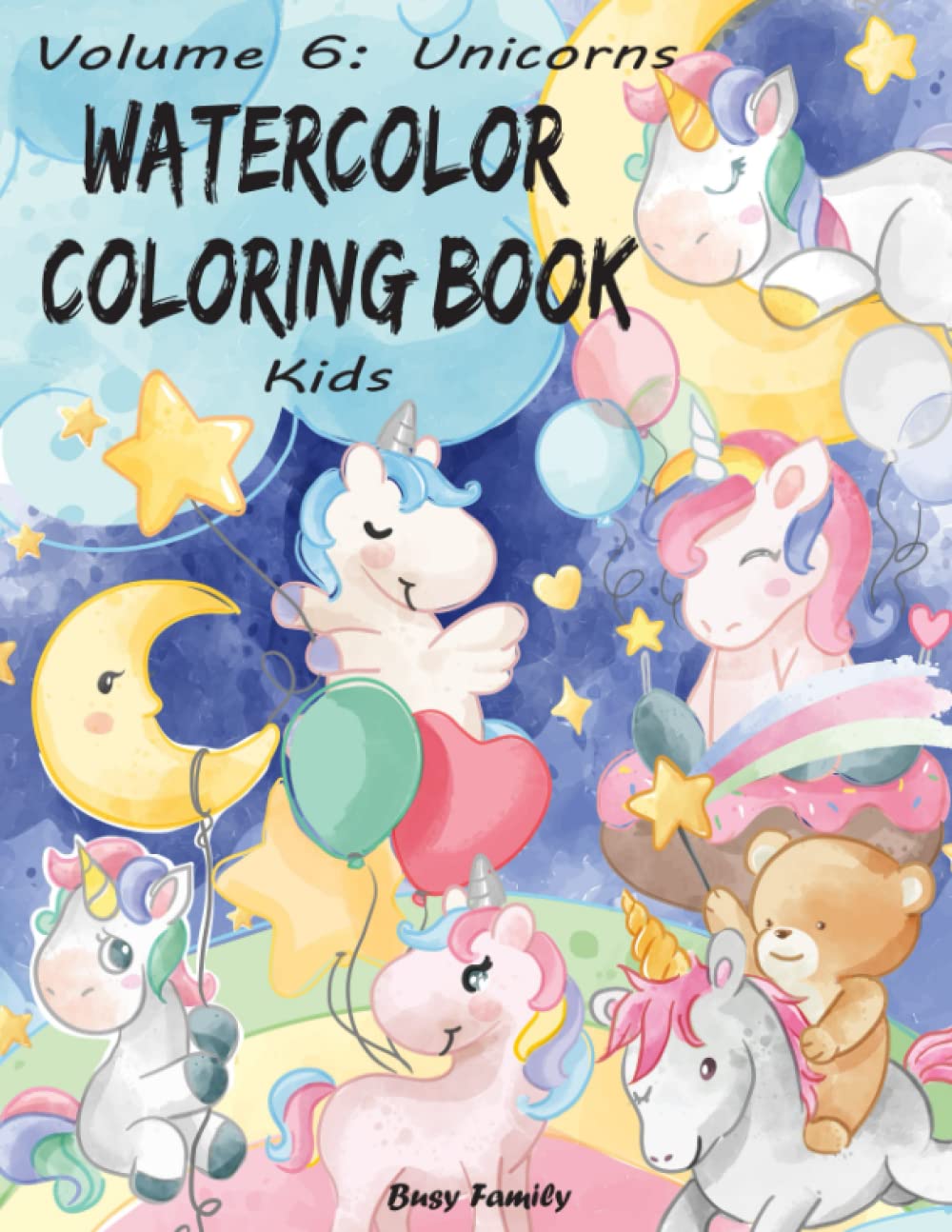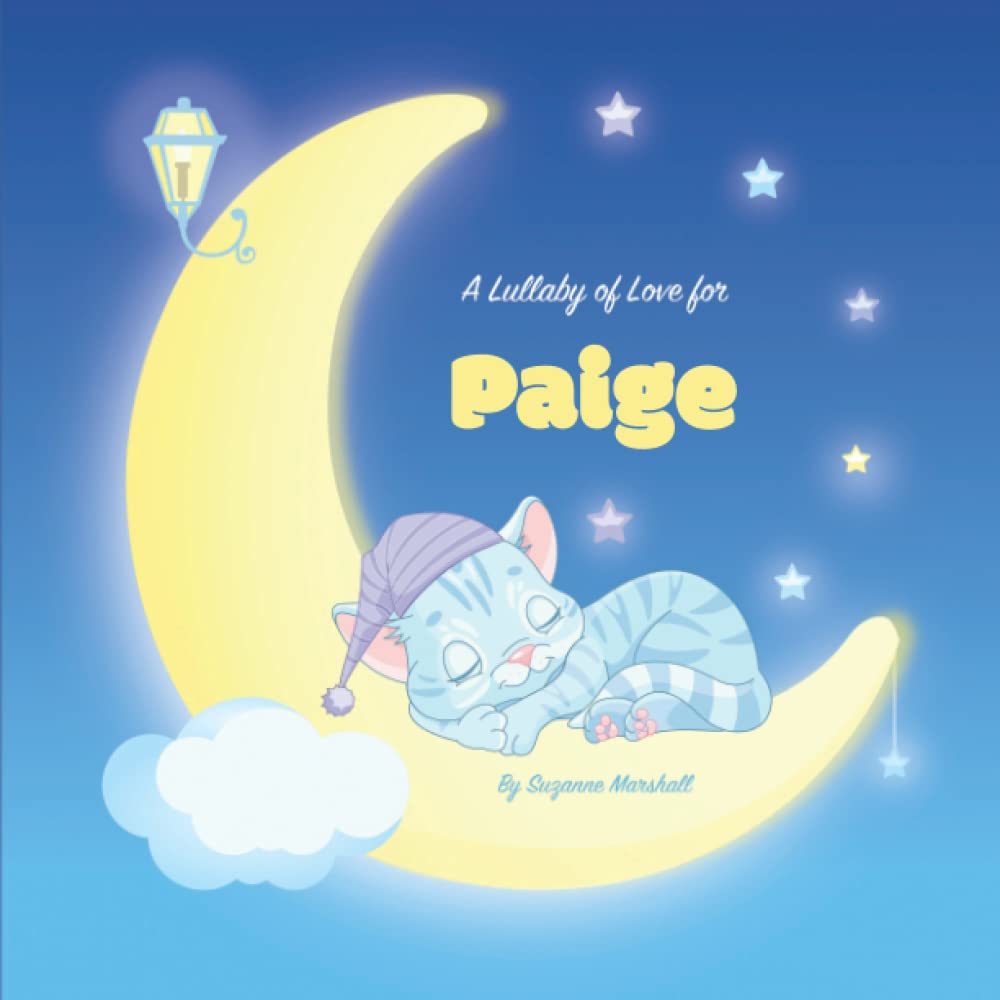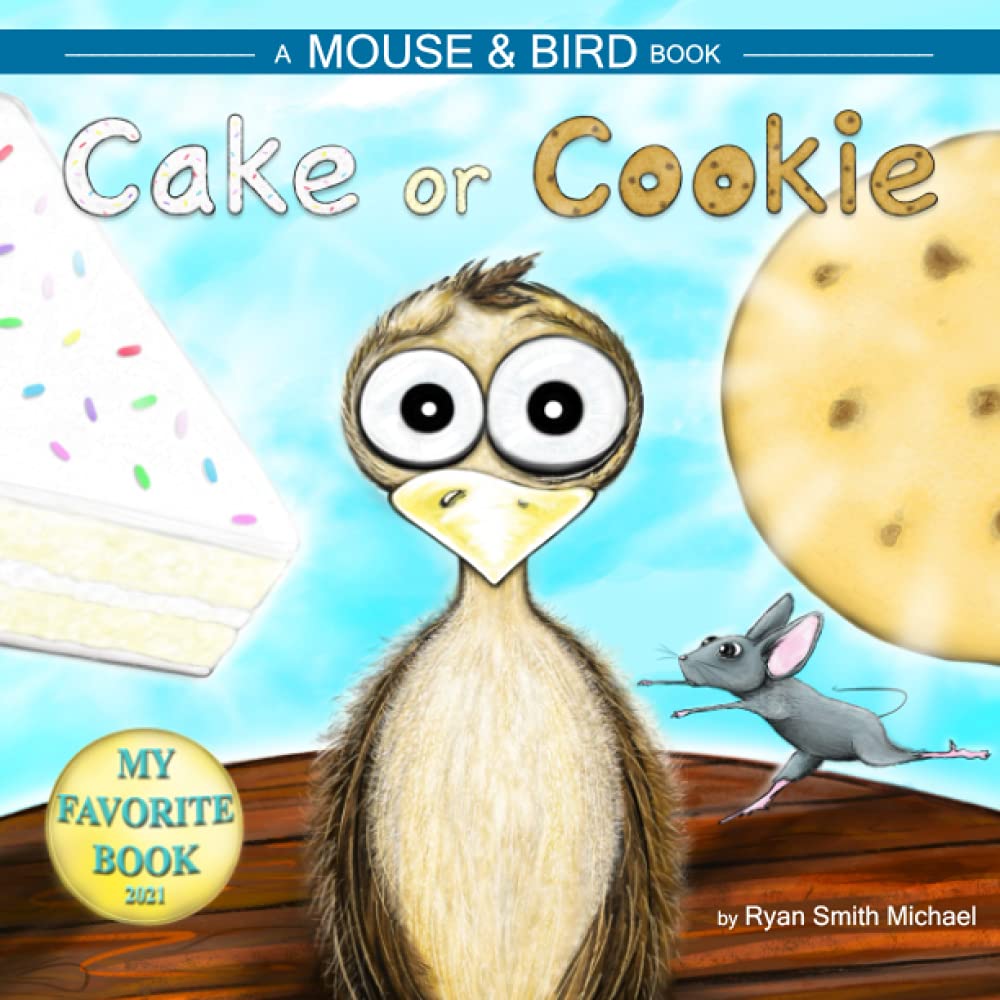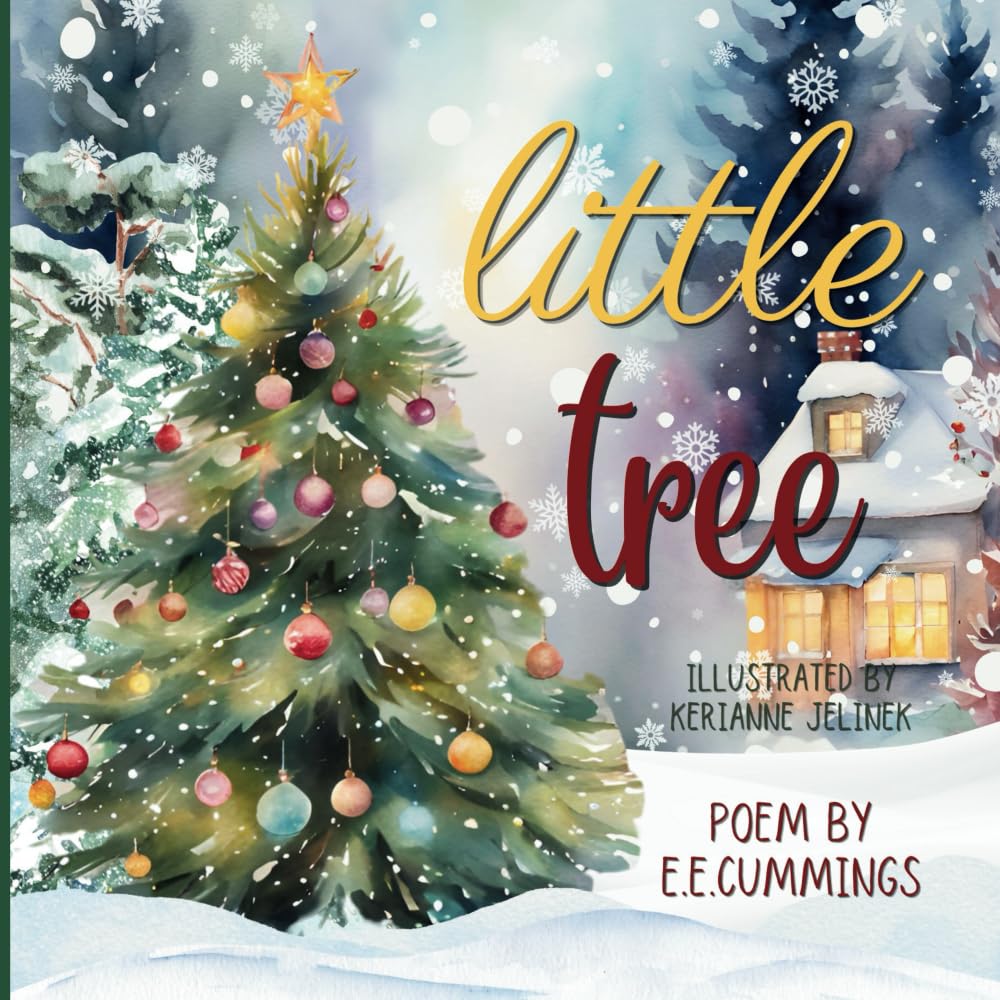Winner of the Popular Culture Association's Ray and Pat Browne Award for Best Book in Popular or American Culture In the 1940s and ’50s, comic books were some of the most popular—and most unfiltered—entertainment in the United States. Publishers sold hundreds of millions of copies a year of violent, racist, and luridly sexual comics to Americans of all ages until a 1954 Senate investigation led to a censorship code that nearly destroyed the industry. But this was far from the first time the US government actively involved itself with comics—it was simply the most dramatic manifestation of a long, strange relationship between high-level policy makers and a medium that even artists and writers often dismissed as a creative sewer. In Pulp Empire , Paul S. Hirsch uncovers the gripping untold story of how the US government both attacked and appropriated comic books to help wage World War II and the Cold War, promote official—and clandestine—foreign policy and deflect global critiques of American racism. As Hirsch details, during World War II—and the concurrent golden age of comic books—government agencies worked directly with comic book publishers to stoke hatred for the Axis powers while simultaneously attempting to dispel racial tensions at home. Later, as the Cold War defense industry ballooned—and as comic book sales reached historic heights—the government again turned to the medium, this time trying to win hearts and minds in the decolonizing world through cartoon propaganda. Hirsch’s groundbreaking research weaves together a wealth of previously classified material, including secret wartime records, official legislative documents, and caches of personal papers. His book explores the uneasy contradiction of how comics were both vital expressions of American freedom and unsettling glimpses into the national id—scourged and repressed on the one hand and deployed as official propaganda on the other. Pulp Empire is a riveting illumination of underexplored chapters in the histories of comic books, foreign policy, and race. “Vividly illustrated and enjoyably hyperbolic, Pulp Empire tells its tale as a kind of horror comic. . . . Like any self-respecting superhero movie, it deserves a sequel. ” -- J. Hoberman ― The Nation " Stuart L. Bernath Book Prize, honorable mention. Pulp Empire is a beautiful, unique, and provocative book. Turning to comic books as a revealing source for popular culture and policy in the Cold War, Hirsch captures the nightmares, hopes, and dreams of countless citizens in a nuclear world. In his close analysis, comic books are both projections and promoters of core beliefs about conflict and power. With their reach among diverse readers, the comic books set the discursive boundaries for many discussions about good and evil, as well as strong and weak, in a time of transition for formerly isolationist Americans. Hirsch’s book blends cultural analysis with discussions of gender, race, and nationalism. His book opens many valuable perspectives on the complex sources of Cold War thinking." ― Society for Historians of American Foreign Relations "A thought-provoking and perspective altering history of the American comic book as both a cultural and imperial force. . . . Pulp Empire is beautiful and glossy and more than worthy of the visually stunning and often disturbing comics it comments on." ― H-War "[ Pulp Empire ] makes a strong contribution to the fields of US imperialism, Cold War popular culture, and the ugly history of racial caricature in comics. It also demonstrates how all histories are global histories if we look outside the panels." ― Pacific Historical Review "A highly accessible book, carried by wry prose and well-positioned analysis of a lavish selection of comics panels and covers from DC, Timely/Marvel, EC, and others—all in vibrant color. . . . Pulp Empire demonstrates that comics evolved in lockstep with the expansion of the United States and the global communities it helped create." ― Journal of American Culture “I’ll be frank: I love this book. Hirsch’s writing is crisp and exciting and it’s a joy to see the history of comic books and the Cold War United States told from such a fresh angle. This fun, sharp book is one I’ll be thinking about for a while.” ― Daniel Immerwahr, author of How to Hide an Empire: A History of the Greater United States “Every so often, a single book changes our understanding of an entire topic. Hirsch’s brilliant, artfully written Pulp Empire does that for mid-twentieth-century American studies. The billions of comic books that rolled off American presses and circumnavigated the globe in the 1940s and ’50s reveal significant unexplored aspects of American society, politics, and foreign policy. While Hirsch’s spectacular research introduces American historians to a new field of study, his elegant writing invites a broad audience to read this unique and beautifully produced book.” ― Martin J. Sherwin, Pulitzer Pr



